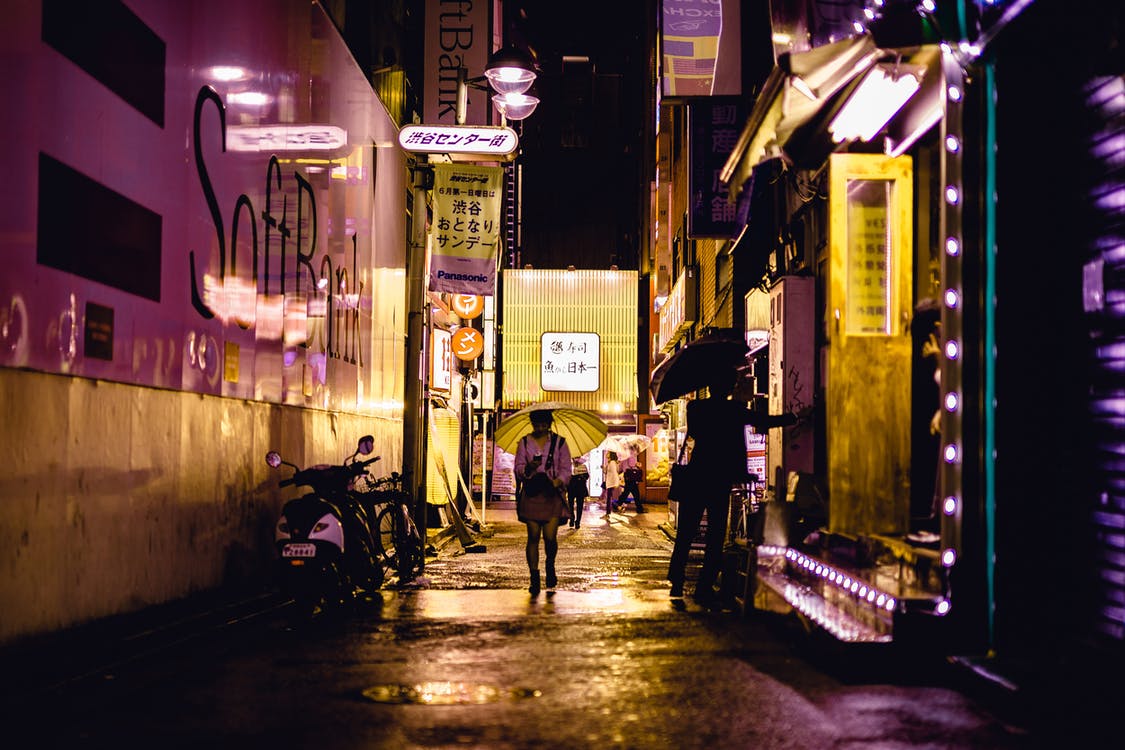Summary | Excerpt | Reviews | Beyond the Book | Read-Alikes | Genres & Themes | Author Bio

This article relates to All the Lovers in the Night
 Loneliness is one of many themes deftly explored by Mieko Kawakami in her novel All the Lovers in the Night, which follows a freelance proofreader living in Tokyo who has withdrawn from society.
Loneliness is one of many themes deftly explored by Mieko Kawakami in her novel All the Lovers in the Night, which follows a freelance proofreader living in Tokyo who has withdrawn from society.
A 2022 study conducted by the American Psychological Association concluded that global rates of loneliness have increased during the COVID-19 pandemic. In Japan, this increase has added to an existing phenomenon: The country has long been known for its high rates of loneliness. There are at least half a million people in Japan who live as "hikikomori," a term coined by psychologist Tamaki Saitō in 1998. Hikikomori are essentially people who live in complete physical and social isolation, and they officially comprise 1.57% of the Japanese population, with experts thinking the real number is probably higher. Researchers have cited social media as a potential contributing factor to growing rates of hikikomori.
While hikikomori is a Japanese term and Japan has specific measures in place for tracking data on this type of social isolation, the phenomenon is hardly exclusive to the country. A 2017 study that included Japan, South Korea, India and the United States concluded that hikikomori exists "cross-nationally."
Loneliness is present in Japan in its own culturally specific way, however, even in people who would not consider themselves hikikomori. Japanese society is known for its high expectations in schools and the workplace, as well as placing strong value on humility and the prioritization of others over oneself, all of which can make people feel too ashamed to seek help. Traditional Japanese values of collectivism clashing with globalized Western individualist values is another factor that has contributed to the growing feeling of loneliness in Japan, claims Takahiro Kato, a professor of psychiatry who studies hikikomori.
The COVID-19 pandemic, of course, has done nothing to help alleviate this phenomenon. A national survey concluded that around 40% of the Japanese population has experienced high rates of loneliness during the pandemic. The highest rates were found in people in their 20s, people with lower incomes and people who live alone. Suicide rates have also increased, particularly among women. A lot of these factors tend to be linked: Marriage rates for young women have dropped, meaning they are more likely to live alone and support themselves, while at the same time often being unable to find steady employment. In 2020, Japan saw its highest rise in the national suicide rate in 11 years. In October 2020 alone, a staggering 2,153 people died by suicide, which was more than the total number of people who had died in the country that year from COVID-19 (1,765).
In 2021, the Japanese government appointed its first ever Minister of Loneliness, 71-year-old Tetsushi Sakamoto, to address the national mental health crisis. Sakamoto has declared that he plans to introduce policies that will tackle social isolation.
People walking in an alley in Tokyo, Japan at night, by Aleksandar Pasaric
Filed under Society and Politics
![]() This "beyond the book article" relates to All the Lovers in the Night. It originally ran in June 2022 and has been updated for the
May 2023 paperback edition.
Go to magazine.
This "beyond the book article" relates to All the Lovers in the Night. It originally ran in June 2022 and has been updated for the
May 2023 paperback edition.
Go to magazine.
A million monkeys...
Click Here to find out who said this, as well as discovering other famous literary quotes!
Your guide toexceptional books
BookBrowse seeks out and recommends the best in contemporary fiction and nonfiction—books that not only engage and entertain but also deepen our understanding of ourselves and the world around us.